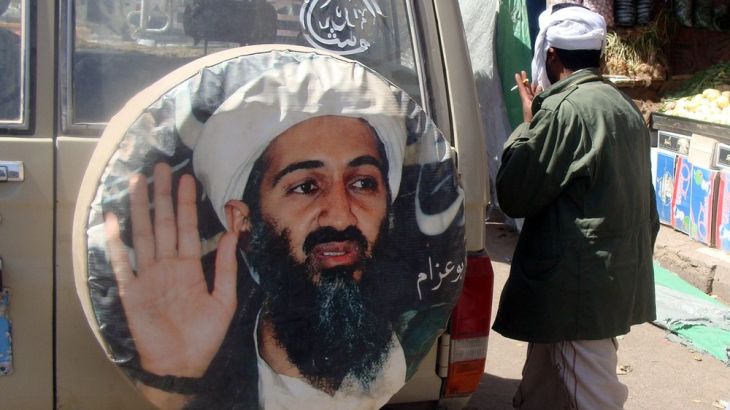
The rise and rise of al-Qaeda
How real is the threat posed by al-Qaeda 15 years after it bombed US embassies in Kenya and Tanzania?
It has been 15 years since what was then a little known organisation bombed US embassies in Kenya and Tanzania, killing 224 people. And while much has changed since those twin bombings, the closure of US and British embassies in recent days indicates that the threat from al-Qaeda and groups inspired by it remains.
Well certainly when the Arab Spring started, there was a strong movement for democracy amongst these protesters and al-Qaeda was sidelined for a while .... But I think what is happening now in Syria ... it's become like Afghanistan of the 1980s .... It has become a bit of a centre for al-Qaeda, a recruiting ground.
Barack Obama, the US president, recently talked about the so-called war on terror coming to an end. But al-Qaeda still has the power to rattle governments.
In the early days, al-Qaeda’s global operations sprung from a centralised leadership. Osama bin Laden or his immediate lieutenants planned and directed attacks.
But everything changed after 9/11. The US military response in Afghanistan crippled al-Qaeda’s leadership, and Bin Laden was forced into hiding for years before eventually being killed in 2011. As its leadership became more decentralised, al-Qaeda operated more like a franchise, with Bin Laden serving increasingly as an inspirational leader rather than an operational one.
Things changed once again after the so-called Arab Spring, when the massive show of people power delegitimised the more radical message of al-Qaeda. But a subsequent power vacuum also allowed the organisation to grow in a way that it was not previously able to under the security regimes of now toppled or embattled Arab dictators.
Today, a growing list of al-Qaeda affiliates is showing strength in Syria, Iraq, Libya and Mali.
So, just how dangerous is al-Qaeda? What does the recent closure of embassies reveal about how active the group remains? And how should governments react to its new activities?
To discuss this Inside Story, with presenter Mike Hannah, is joined by guests: Raffaello Pantucci, an author and senior research fellow in international terrorism at the Royal United Services Institute; Usama Hasan, a senior researcher at the Quilliam foundation; and Souad Mekhennet, a Newsweek columnist and visiting fellow at Harvard and John Hopkins universities.
|
” … Al-Qaeda is now becoming stronger but not only because there are new groups popping out …. [Now] they have basically a story to tell: They are saying the war is not only about occupation in Iraq, it is also a sectarian war happening in Syria …. As a matter of fact, one of the recruiting tools they are using is they are saying the Syrian regime was joined by radical Shia groups, and this is a very powerful tool to recruit among Sunnis, and this indeed might be a new problem we are facing.” Souad Mekhennet, a columnist and visiting fellow
|